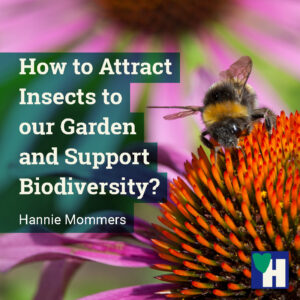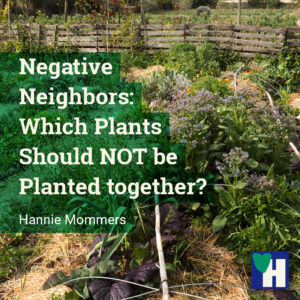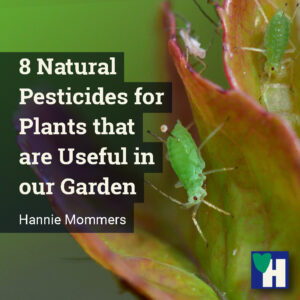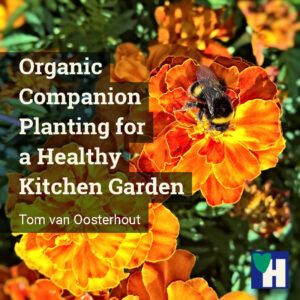
Do you like spiders? Flies? Mosquitoes? Most people don’t. Sometimes for good reasons, sometimes because of ancient-old ingrained fears.
Would we want to attract insects to our garden?
It turns out that people hate invertebrates. Bad news for those poor creatures, because they make up 98% of the animal species. And all humans do is try to destroy them.
In the movies, invertebrates come off badly, and in the Bible, too, they are portrayed solely as pests and exterminators. Small children usually have an intuitive fear of anything that has more than 2 legs – spiders, crabs – or less, such as snakes.



